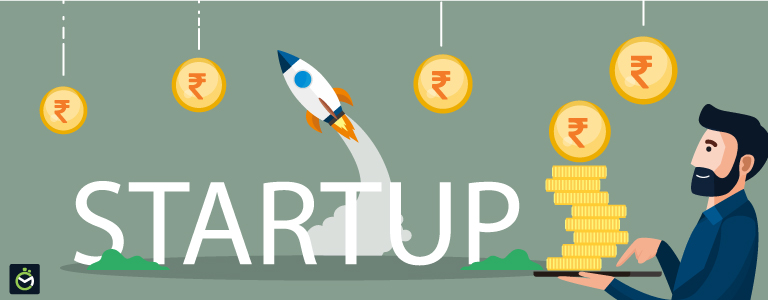A successful startup will always have a niche, and a clear idea of how it will market itself. But that doesn’t mean it’ll necessarily grow by itself. It requires the assistance of other people. In this article, we’ll examine how startupo.fr helps you define yours. From Buyable to Lifestyle, we’ll cover the key differences between these. And we’ll also discuss how IPOs and acquisitions work. Read on to learn more.
Lifestyle startups
In an era of growing small business, lifestyle startups provide entrepreneurs with the opportunity to blend life-enjoying and money-making opportunities. While some entrepreneurs might not enjoy the idea of working long hours and overseeing workers, others may find the opportunity to travel and work during commute times attractive. These entrepreneurs also tend to have fewer restrictions when it comes to running their business. So, how does a lifestyle startup differ from other types of businesses?
Buyable startups
Scalable startups are those that rely on unique ideas or concepts to generate the greatest possible investment returns. These companies usually focus on the technology sector, require extensive market research, and spend significant amounts of money building their businesses. The main difference between a scalable startup and a speculative startup is the nature of their investment. Scalable startups have the potential to become billion-dollar companies, and are therefore the most desirable for investors. Companies such as Facebook and Google are prime examples of scalable startups.
IPOs
An Initial Public Offering (IPO) is the perfect exit for startups, both for founders and investors. It takes long-term preparation and involves bureaucratic hoops, extensive paperwork, and coordination with lawyers and banks. It also requires careful timing, so there is a lot of speculation about the timing of the IPO. Startupo has been preparing startups for their IPOs since 2011.
Acquisitions
Historically, startups have been acquired by established firms. While the new entity can potentially be a valuable source of innovation, talent, and market power, the success of the merger also depends on the company’s ability to retain and attract the best employees. According to a recent study, startup acquisitions disproportionately result in the departure of high earners. Therefore, this type of acquisition may stifle competition in a static sense. However, it can also foster employee entrepreneurship by increasing entrepreneurial opportunities.
Direct listing
There are many advantages of a Direct Listing, which could help a young startup achieve its public market debut. It is less expensive than IPOs and SPACs because founders don’t have to deal with the underwriters and investment banks involved in the IPO filing process. This type of listing may have higher volatility, though, since the company’s share price will be directly dependent on market demand. If you’re wondering what this method entails, here are a few things you should know about it.
